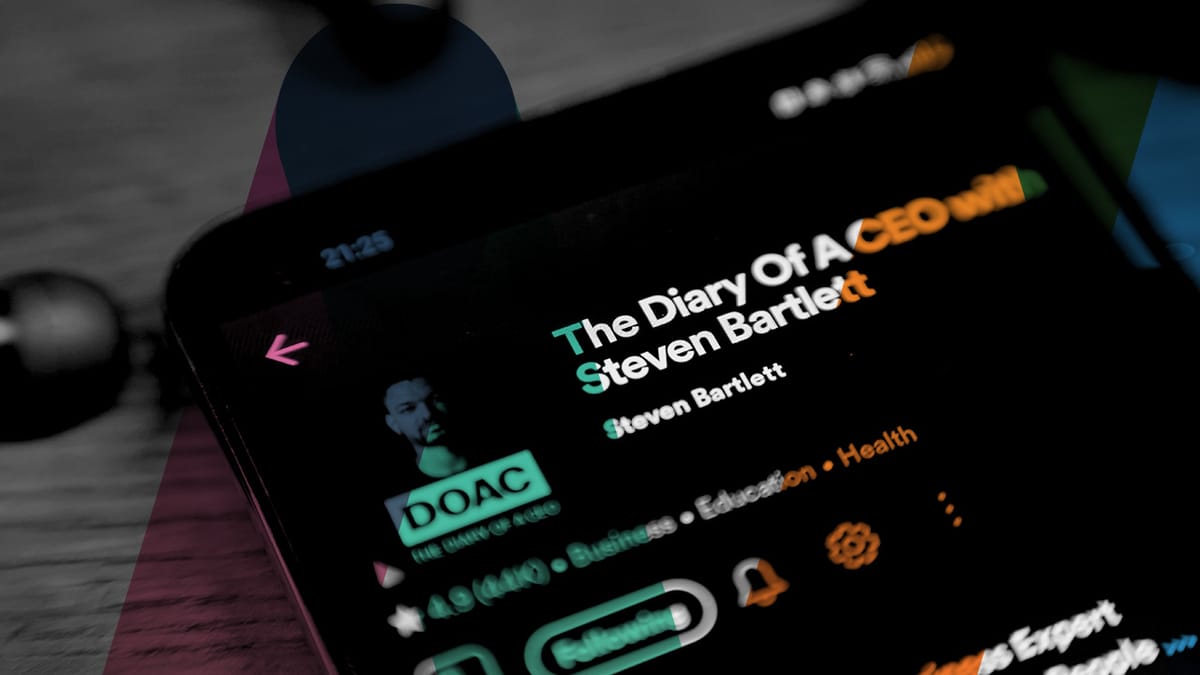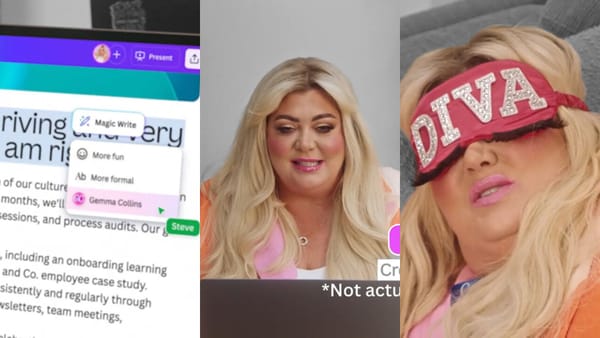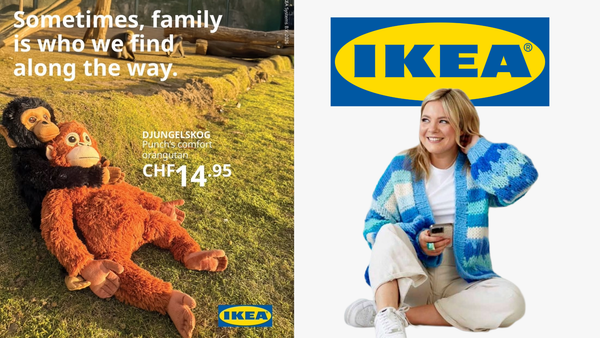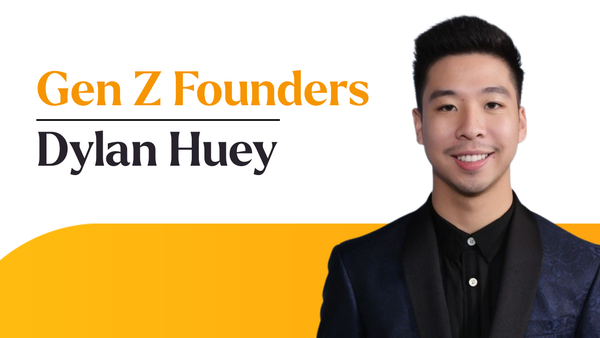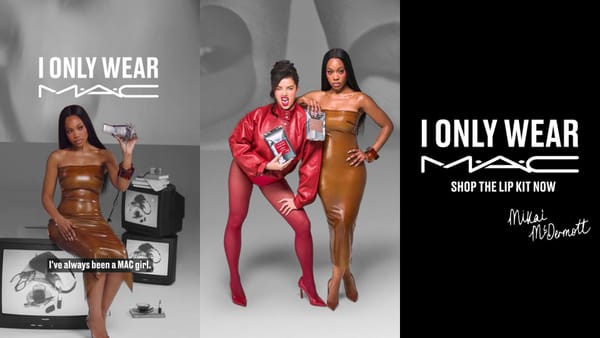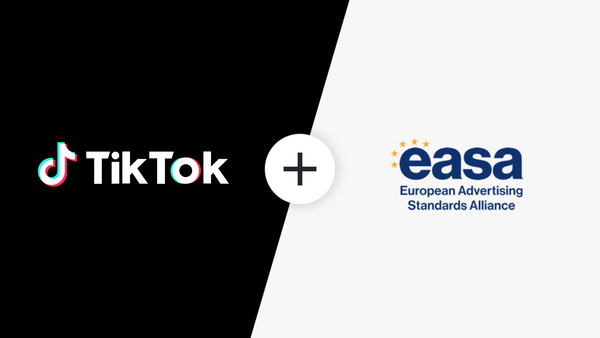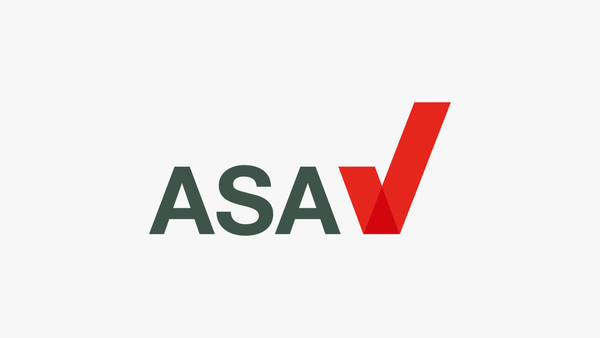The Advertising Standards Authority (ASA) has banned advertisements for health-focused brands Huel and Zoe featuring entrepreneur Steven Bartlett, citing them as "misleading" for failing to disclose his financial stakes in these companies.
Bartlett, who sits on Huel’s board and has invested in Zoe, did not reveal these affiliations in the ads, a violation of the CAP code that requires influencers to declare any financial interests when promoting a business.
The ads in question included Bartlett endorsing Zoe on Facebook, stating, “If you haven’t tried Zoe yet, give it a shot. It might just change your life,” and promoting Huel products with claims like “This is Huel’s best product” on his podcast, "The Diary of a CEO."
The ASA’s ruling highlighted the importance of transparency, emphasising that consumers have the right to know when an influencer has a financial interest in the products they promote.
Zoe and Huel defended their actions, arguing that consumers are generally aware of the commercial nature of celebrity endorsements. They suggested that further disclosures about Bartlett’s investments were unnecessary and could set a precedent that might complicate advertising for other brands.
However, the ASA maintained that the omission of Bartlett’s financial ties in the ads was a breach of advertising standards and ordered the brands not to use the ads in their current format again.
This case is part of a broader crackdown by the ASA on misleading influencer marketing. In a similar incident, six ads by influencer Grace Beverley were banned earlier this year for failing to properly disclose their commercial nature. ASA's director of complaints, Miles Lockwood, emphasised the need for clear labelling of ads, stating, “We don’t expect the public to play detective.”
The case has divided opinion in the industry. While some are decrying the ban, arguing that the ads are no different from a paid celebrity endorsement or employee content, others agree with the ASA that they were misleading.
Mark Dandy, Head of Influencer Marketing at Ear to the Ground, remarked on a post by Scott Guthrie that the ASA’s demands seem clunky and unfair.
“So the ASA wants - Hi I'm Steven Bartlett, I'm an investor and director of ZOE / Huel / Whatever - I think this product is great. But the ASA doesn't want - Hi I'm Anthony Joshua, I'm being paid to be in this advert for JD Sports. I think JD Sports is great.”
On the other hand, Jennifer Quigley-Jones, CEO of Digital Voices, explained on LinkedIn that the disclosure of financial ties can be executed in a creative way.
She cites Alix Earle as a model for over-communication in influencer marketing, suggesting that brands should be as transparent as possible to maintain trust.
Earle advertised drink brand poppi by posting a video explaining what drew her to invest in the company and why she keeps choosing to work with them.
Why do we care?
We are all fed up with the word ‘authenticity’ – perhaps we should come up with a new term, I personally like ‘sincerity’ – but it is still the cornerstone of effective influencer marketing, particularly where Gen Z are concerned.
Gen Z are difficult to market to full-stop, but that doesn’t mean they aren’t receptive to it when it is done well. One of the worst things you can do when marketing to this demographic is be untrustworthy or deceiving. Gen Z demands to see transparency and ‘sincerity’ from its favourite brands.
The ASA cares too. Evidently, the organisation is not bluffing when it says it will be cracking down on this kind of behaviour, so to avoid wasting a lot of time on banned ads, ensure you’re being as transparent as possible.
What’s more, these cases point to a shifting landscape where influencers are more frequently taking on roles as investors or board members, blurring the lines between genuine endorsement and commercial interest. Marketers must navigate these complexities carefully, integrating clear disclosures into all promotional content.
Some may ask, where do you draw the line? Must I disclose my ties to Ikea by including furniture in the background of a video?
It appears that, for now, this really is just centred around clear financial bonds or investments between creators and businesses. If a creator is an investor, a chairman, or an adviser; if they play a role within that business that may not be commonly known, don’t take the risk and explain that in the endorsement.


